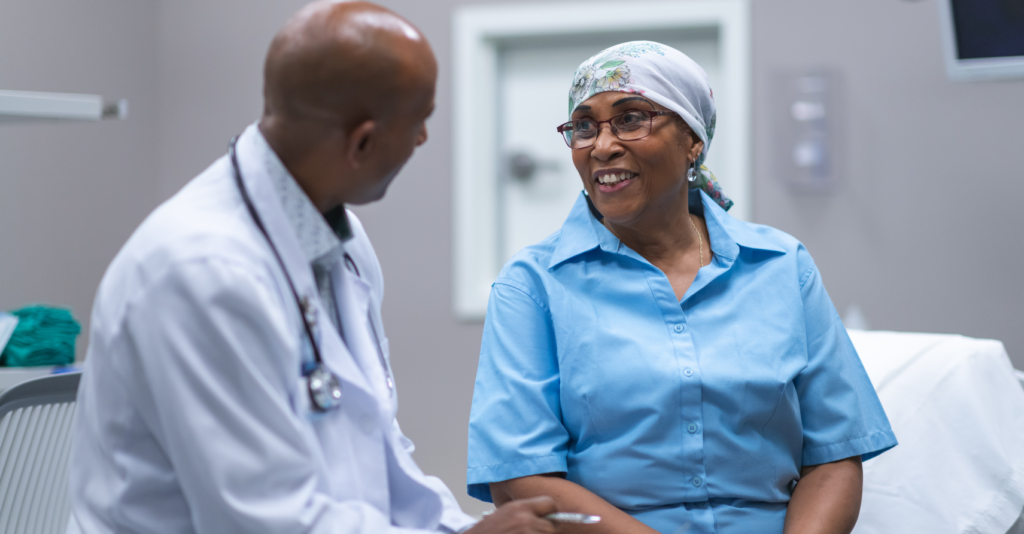
Gastric cancer symptoms can often be subtle or mistaken for other digestive issues. Common signs include:
- Persistent indigestion or heartburn
- Unexplained weight loss
- Loss of appetite or feeling full after small meals
- Stomach pain or discomfort
- Nausea or vomiting (sometimes with blood)
- Black, tarry stools (a sign of internal bleeding)
Related Links
How Is Gastric Cancer Screening and Care Impacted by Culture?
Risk factors that may increase your chance of developing gastric cancer include:
- H. pylori infection (a common bacterial infection linked to stomach ulcers and cancer)
- Diet high in salted, smoked, or pickled foods
- Smoking and excessive alcohol consumption
- Obesity and poor diet
- Family history of gastric cancer
- Chronic gastritis or stomach inflammation
- Previous stomach surgery or certain genetic conditions
Related Links
What Are Key Risk Factors for Stomach Cancer?
Can Stomach Cancer Risk Be Reduced by Treatment and Lifestyle Changes?
Addressing Elevated Gastric Cancer Risks in Asian and Hispanic Communities
Expert Tips
- Seek information on choosing a gastric cancer specialist or treatment center
- Talk with loved ones about how they can support you
- Understand what your insurance covers
- Learn how testing may impact treatment decisions
- Discuss concerns openly with your doctor
- Explore financial assistance options
Related Links
Gastric Cancer: How to Access the Best Care and Treatment for YOU
How Can Gastric Cancer Patients in Rural Areas Access Specialists?
Aims to provide digital literacy skills training with a series of easy-to-follow video modules, coupled with resource guides to educate you on technology and online support tools.

